Indigenous Governance Database
IGD Database Search
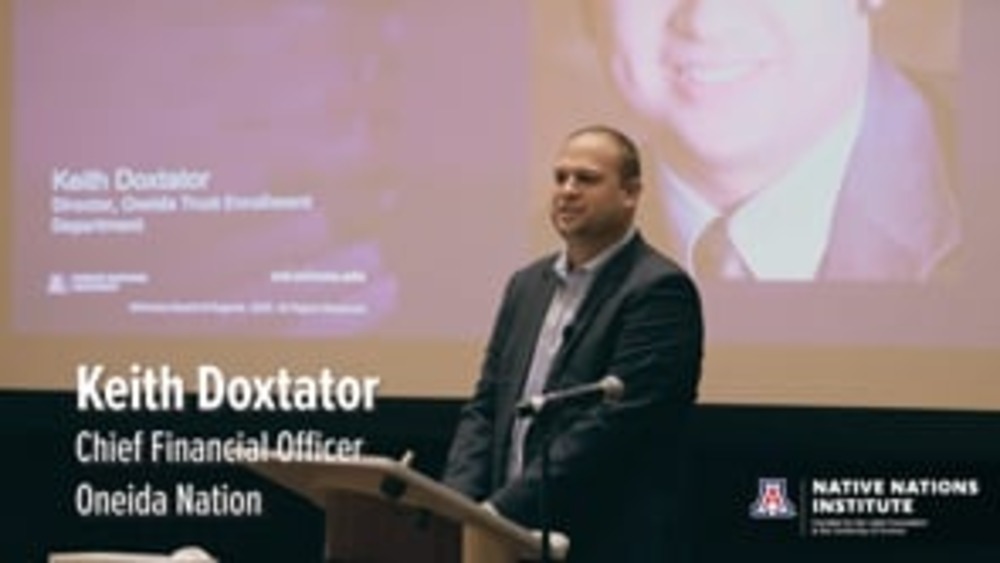
Hot Topics in Tribal Governance: Citizenship + Blood Quantum
As the Director of the Oneida Nation's Trust Enrollment Department, Doxtator used the skills he honed as a financial analyst to examine the current state of the nation's enrollment criteria and illustrate what that meant for the future of the nation. Since Oneida was still relying on Blood Quantum…
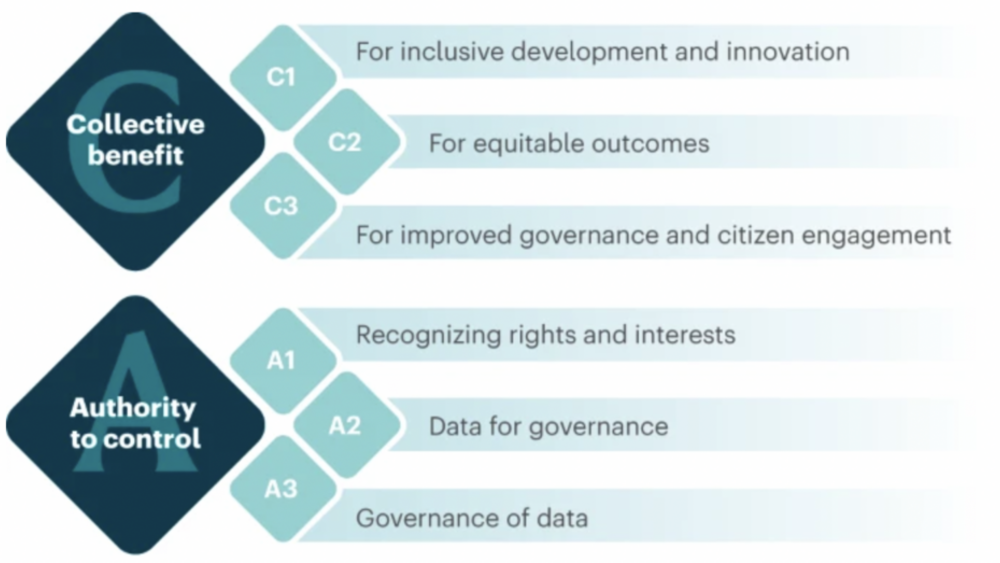
Applying the ‘CARE Principles for Indigenous Data Governance’ to ecology and biodiversity research
Indigenous Peoples are increasingly being sought out for research partnerships that incorporate Indigenous Knowledges into ecology research. In such research partnerships, it is essential that Indigenous data are cared for ethically and responsibly. Here we outline how the ‘CARE Principles for…
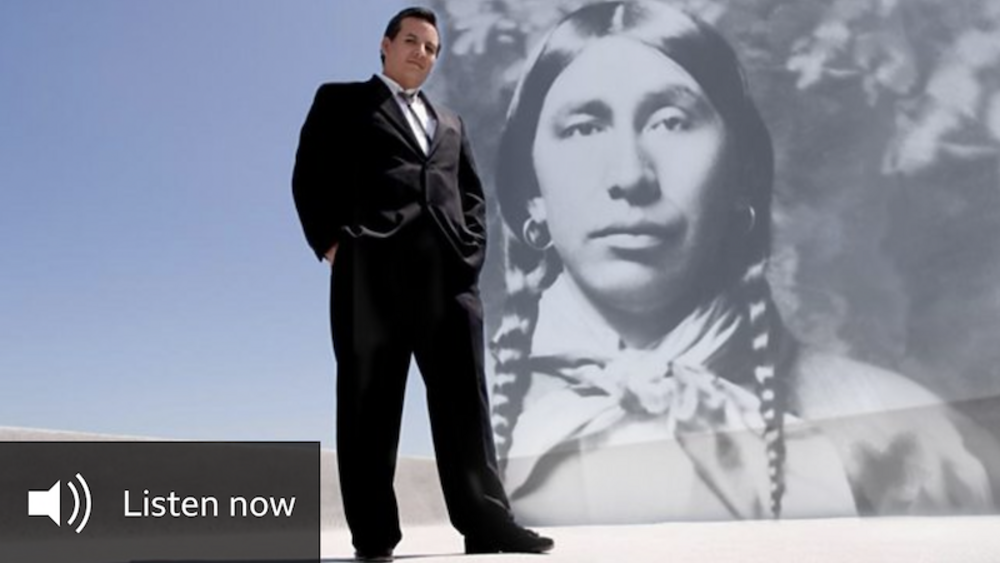
Our community struck oil; then the murders began
Jim Roan Gray is a former chief of the Osage Nation, a Native American community. In the 1920s, the Osage were the richest people in the world per capita after discovering oil on their lands. But then began the ‘reign of terror’ and the Osage were targeted in a series of mysterious murders. One of…
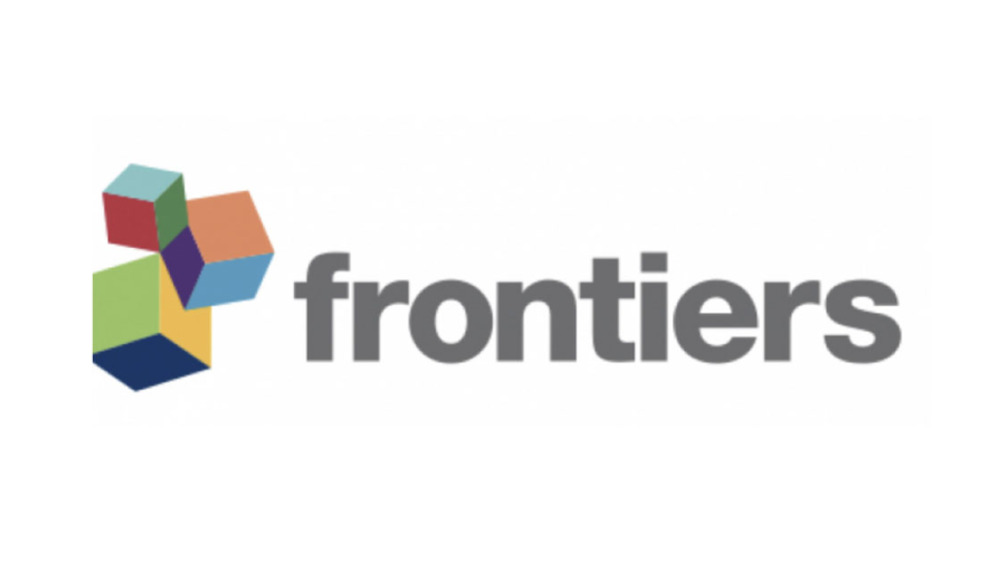
IDSov and the silent data revolution: Indigenous Peoples and the decentralized building blocks of web3
This article explores the technology underpinning the decentralized data revolution and encourages Indigenous Peoples (IPs) to secure their Indigenous Data Sovereignty (IDSov) over the Metaverse and Web3. More specifically, this article will survey blockchain technologies, exploring some disturbing…
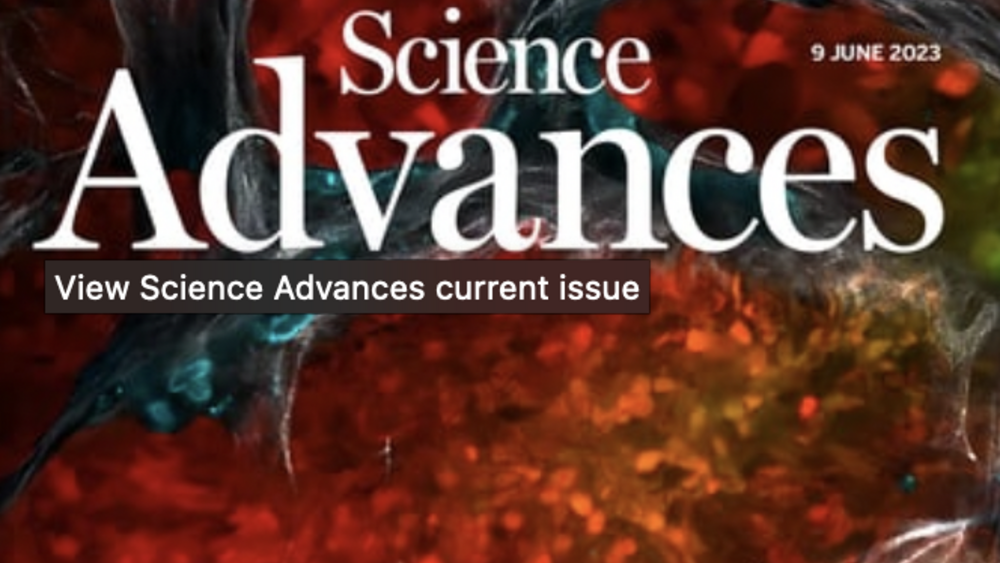
Global impacts of extractive and industrial development projects on Indigenous Peoples’ lifeways, lands, and rights
To what extent do extractive and industrial development pressures affect Indigenous Peoples’ lifeways, lands, and rights globally? We analyze 3081 environmental conflicts over development projects to quantify Indigenous Peoples’ exposure to 11 reported social-environmental impacts jeopardizing the…
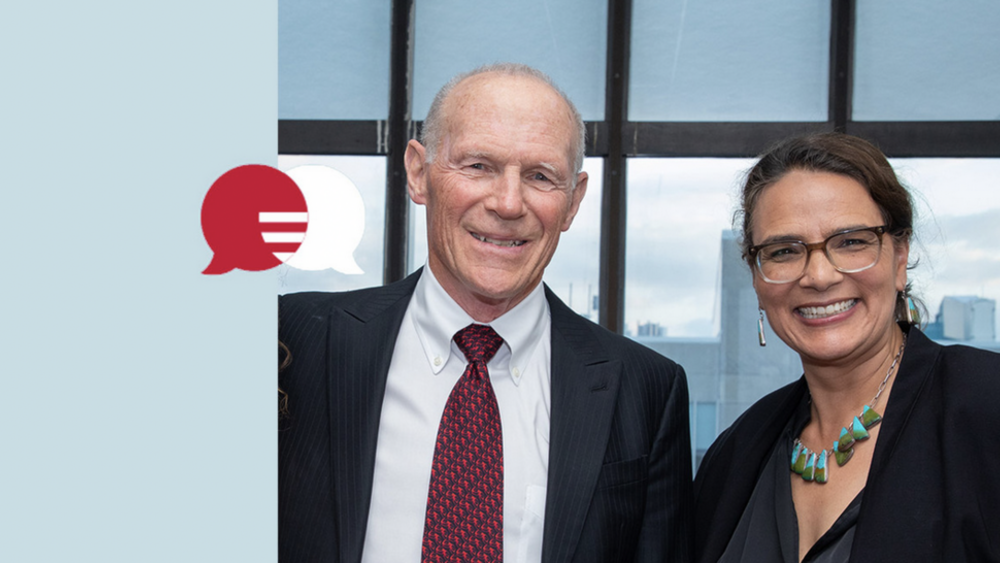
The More Indigenous Nations Self Govern, The More They Succeed
Harvard Kennedy School Professor Joseph Kalt and senior director Director Megan Minoka Hill say the evidence is in: When Native nations make their own decisions about what development approaches to take, studies show they consistently out-perform external decision makers like the U.S. Department of…
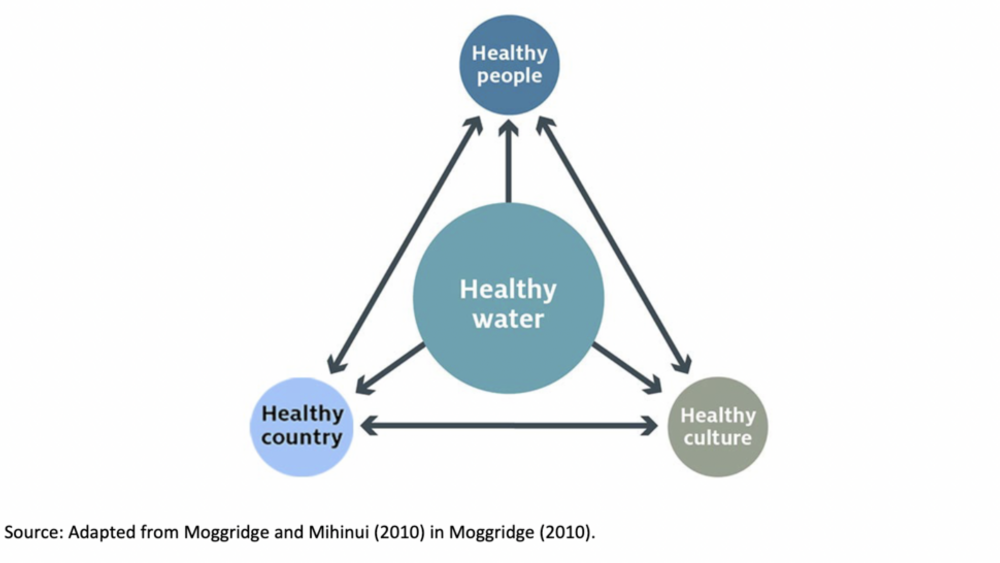
Water Back: A Review Centering Rematriation and Indigenous Water Research Sovereignty
The recent Land Back movement has catalysed global solidarity towards addressing the oppression and dispossession of Indigenous Peoples’ Lands and territories. Largely absent from the discourse, however, is a discussion of the alienation of Indigenous Peoples from Water by settler-colonial states.…
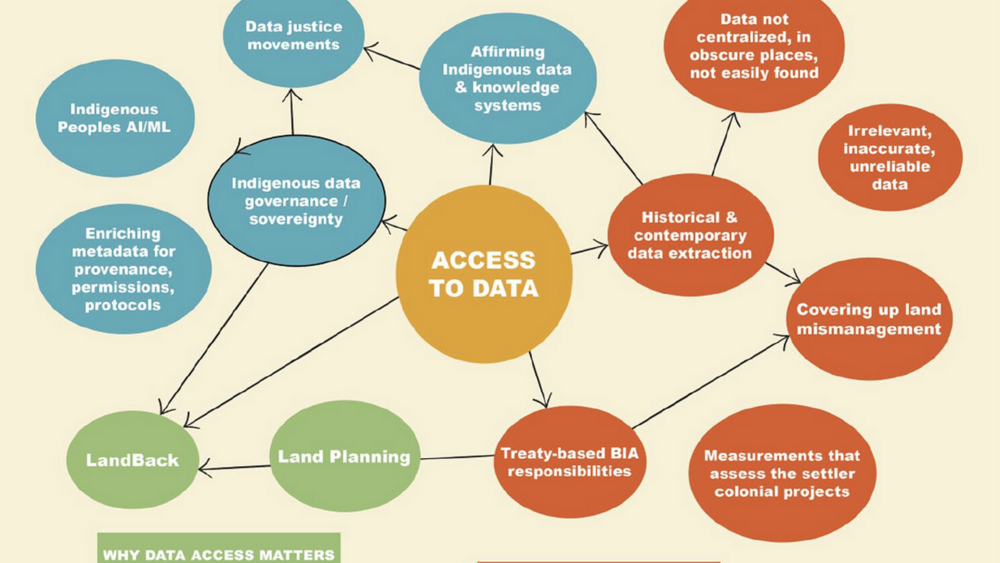
Life and times of data access: Regarding Native Lands
It is challenging to understand the full and detailed story of Native People’s lands in the United States. In this article, we contend that reliable and accessible data regarding Native People’s lands complicate and perpetuate those challenges. Stemming from the implications of colonial ideologies…
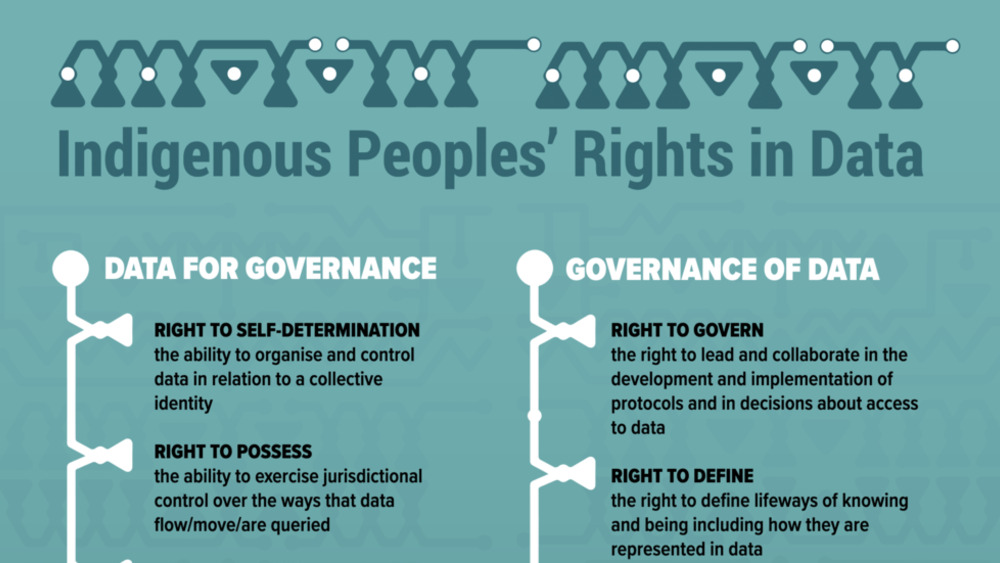
Indigenous Peoples’ Rights in Data
This is the one sheeter version of the publication "Indigenous Peoples' Rights in Data: a contribution toward Indigenous Research Sovereignty" Indigenous Peoples' right to sovereignty forms the foundation for advocacy and actions toward greater Indigenous self-determination and control across a…

Indigenous Peoples' Rights in Data: a contribution toward Indigenous Research Sovereignty
Indigenous Peoples' right to sovereignty forms the foundation for advocacy and actions toward greater Indigenous self-determination and control across a range of domains that impact Indigenous Peoples' communities and cultures. Declarations for sovereignty are rising throughout Indigenous…
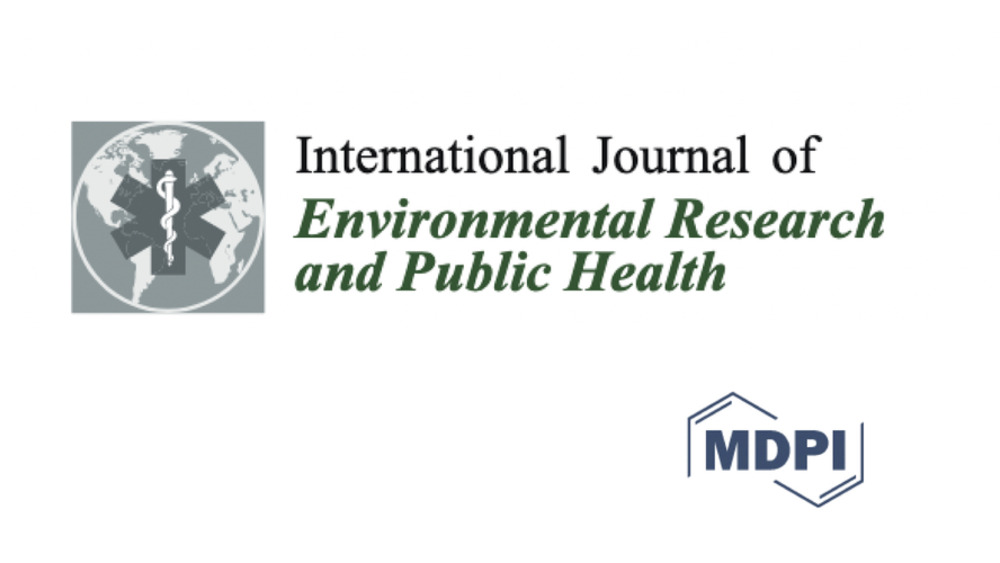
Reclaiming Indigenous Health in the US: Moving beyond the Social Determinants of Health
The lack of literature on Indigenous conceptions of health and the social determinants of health (SDH) for US Indigenous communities limits available information for Indigenous nations as they set policy and allocate resources to improve the health of their citizens. In 2015, eight …
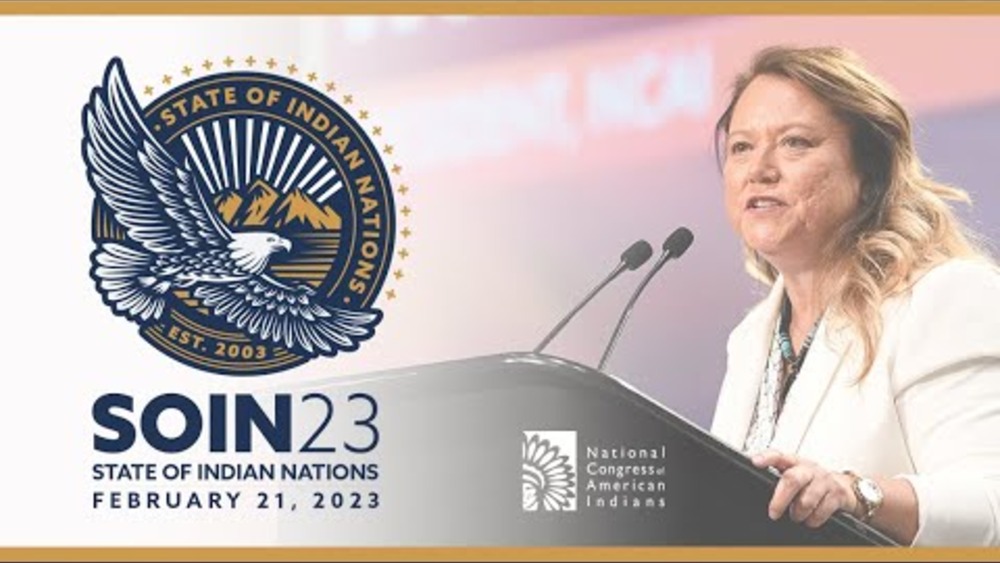
State of Indian Nations 2023 Address (SOIN23)
Each year, the President of the National Congress of American Indians presents the State of Indian Nations address to members of Congress, government officials, tribal leaders and citizens, and the American public. Typically delivered during the week that the President of the United States delivers…
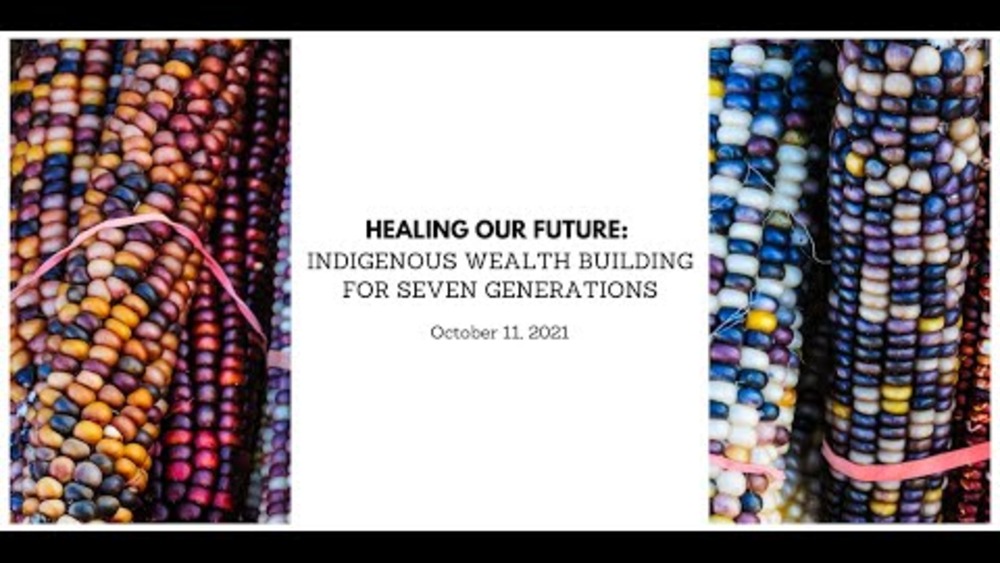
Healing Our Future: Indigenous Wealth Building for Seven Generations
What does an Indigenous approach to wealth look like? How can Indigenous wealth concepts help us heal our future? What are examples of wealth building happening in Indigenous communities? Native Governance Center's Indigenous Peoples' Day 2021 event, "Healing our future: Indigenous wealth…
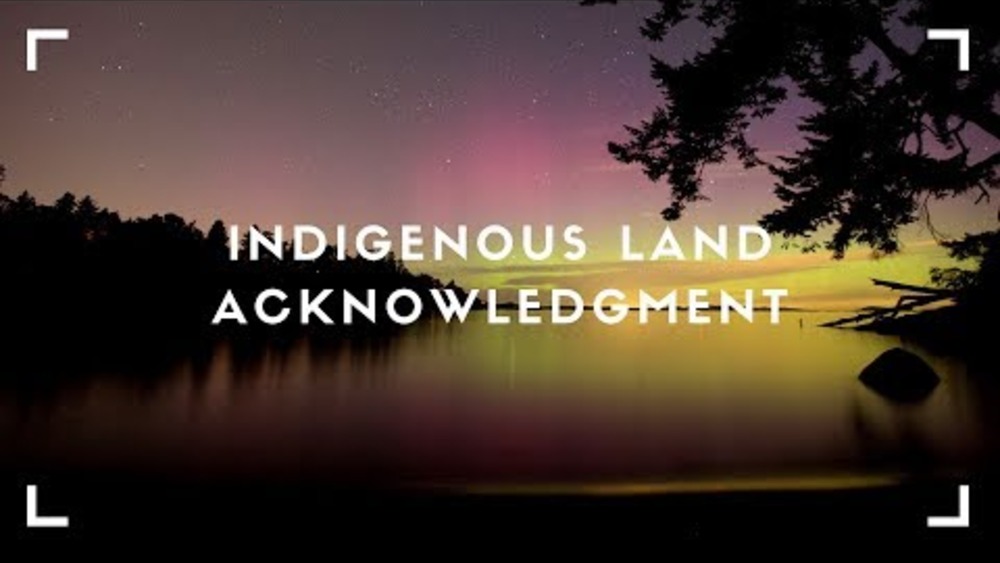
Indigenous Land Acknowledgment
Native Governance Center co-hosted an Indigenous land acknowledgment event with the Lower Phalen Creek Project on Indigenous Peoples’ Day 2019 (October 14). The event featured the following talented panelists: Dr. Kate Beane (Flandreau Santee Dakota and Muskogee Creek) Mary Lyons (Leech Lake…
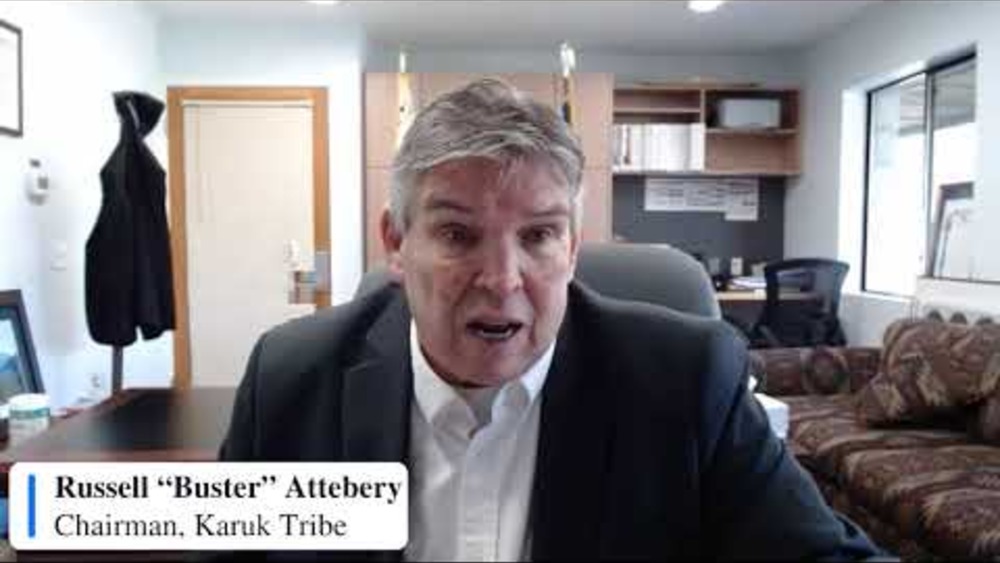
UN 2023 Water Conference: Restoring Rivers, Restoring Sovereignty: Klamath River Dam Removals
A discussion about the impacts of the Klamath River Dams on water resources, cultural practices, climate change and what the upcoming dam removals will mean for Northern California Tribal Nations. Speakers: Shannon Holsey, President, Stockbridge-Munsee Band of Mohican Indians, Treasurer, NCAI…
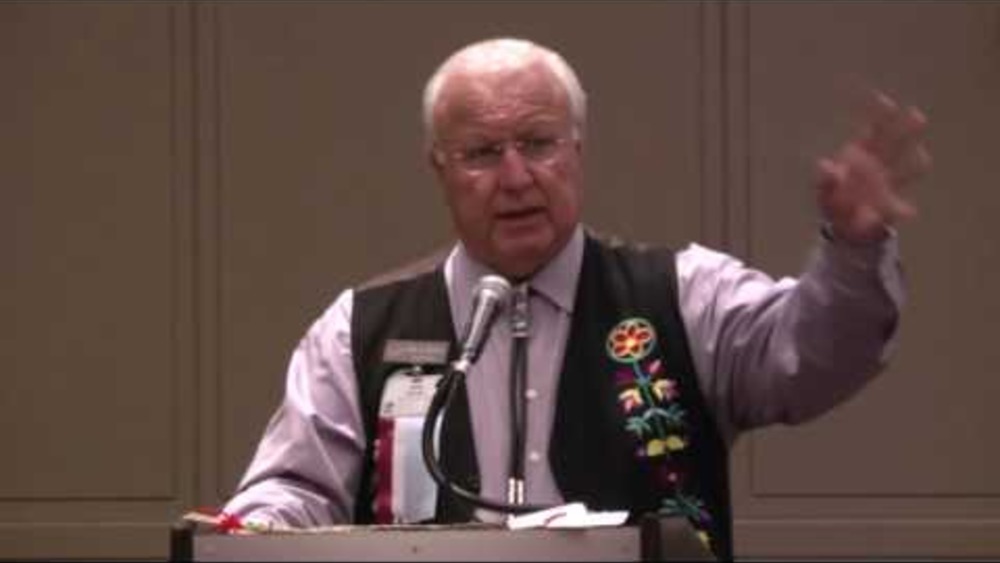
"Modern Tribal Governments, Constitutions, and Sovereignty" Session at NCAI's Annual Convention
This session, convened by NCAI at its 2014 Annual Convention, chronicled the growing movement by tribal nations to reform and strengthen their constitutions in order to reflect and preserve their distinct cultures and ways of life, more effectively address their contemporary challenges, and achieve…
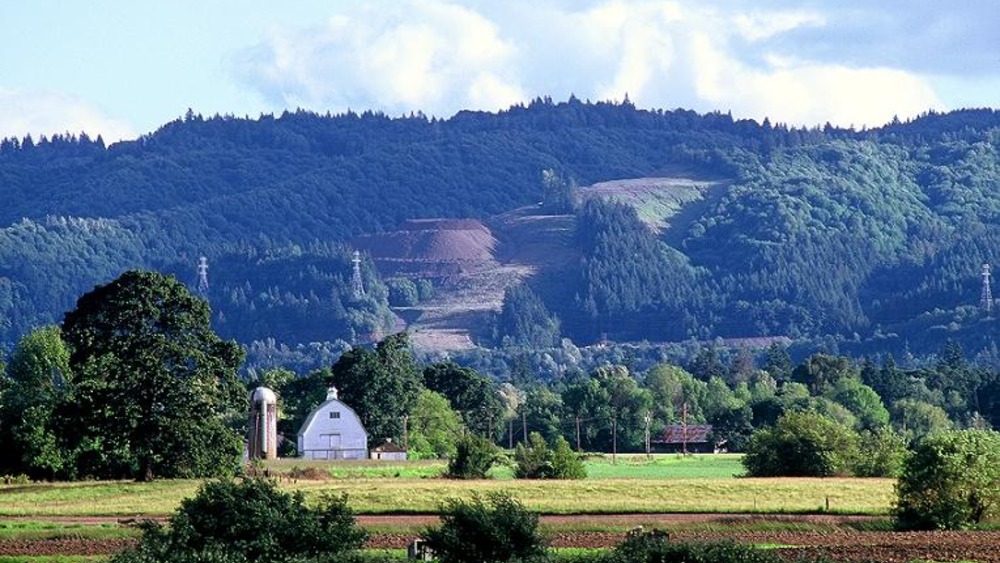
New reporting project focuses on Indigenous food sovereignty in the Columbia River Basin
There’s no official definition for the term “food sovereignty,” but the Indian Affairs Bureau describes it as “the ability of communities to determine the quantity and quality of the food that they consume by controlling how their food is produced and distributed.” Portland-based news outlet…
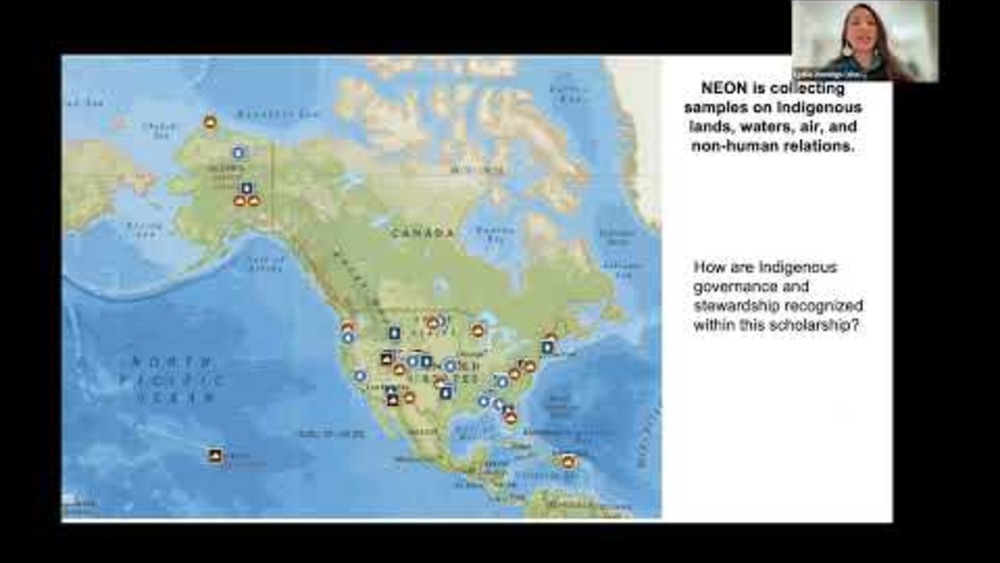
Science Seminar: Implementing the CARE Principles in Open Data Repositories
Image The people and purpose-oriented CARE Principles (Collective Benefit, Authority to Control, Responsibility, and Ethics) reflect the crucial role of data in advancing innovation, governance, and self-determination among…
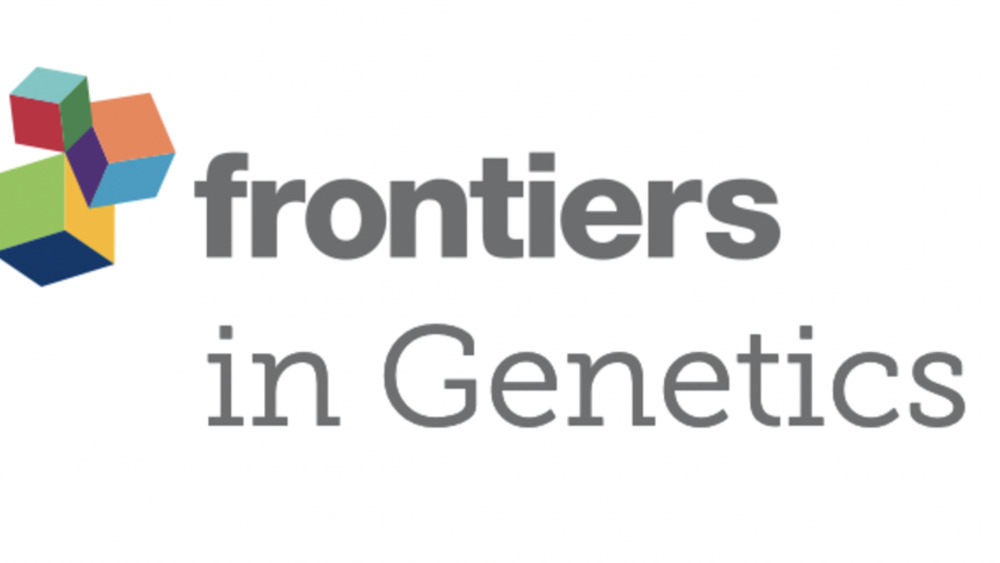
Extending the CARE Principles from tribal research policies to benefit sharing in genomic research
Indigenous Peoples have historically been targets of extractive research that has led to little to no benefit. In genomics, such research not only exposes communities to harms and risks of misuse, but also deprives such communities of potential benefits. Tribes in the US have been exercising their…
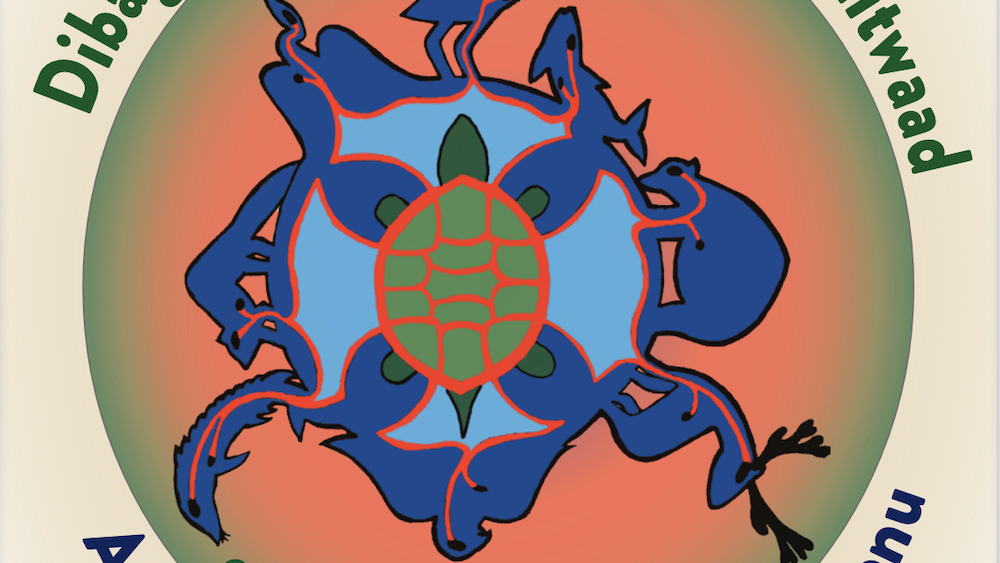
Tribal Climate Adaptation Menu
Climate change has impacted and will continue to impact indigenous peoples, their lifeways and culture, and the natural world upon which they rely, in unpredictable and potentially devastating ways. Many climate adaptation planning tools fail to address the unique needs, values and cultures of…
Pagination
- First page
- …
- 3
- 4
- 5
- …
- Last page
